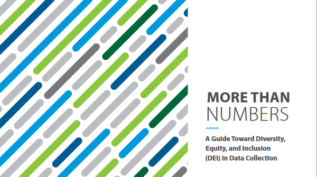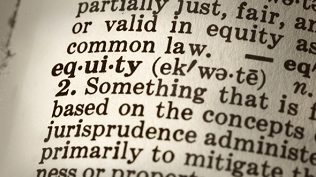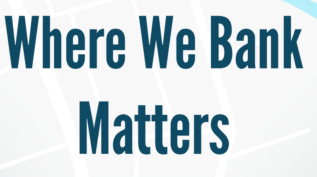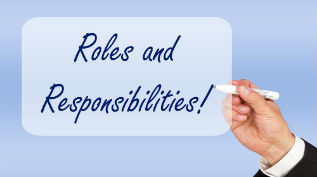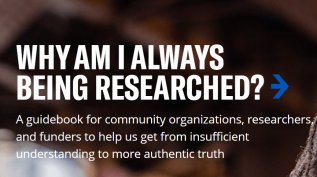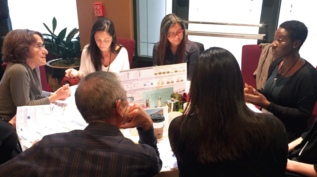The Family Giving Lifecycle: Governance Primer
Posted on January 22, 2024 by National Center for Family Philanthropy

Governance is a framework in which you name how decisions will get made in your philanthropy and by whom. This primer will help you demystify governance, think through whom you would like to join you, and how you will make decisions as a group… Read More

